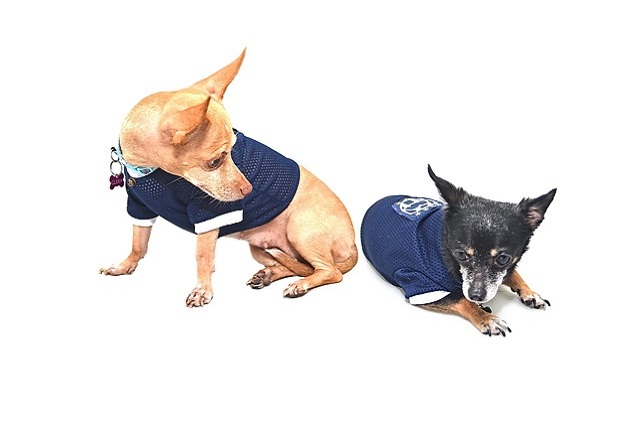That telltale click-clack echoing across your hardwood floors isn’t just a quirky soundtrack to your dog’s movements—it’s often the first sign their nails need attention. If you’re new to dog parenting, especially stateside where over 60% of us share our homes (often apartments!) with pups, recognizing this cue is step one. But why does it matter beyond noise? Let’s break it down simply.
When nails grow too long, they force your dog’s paw to twist unnaturally on hard surfaces, straining tendons and joints over time. Think of it like wearing shoes two sizes too small—every step adds pressure. Veterinarian Dr. Ellen Chen (based in Portland) notes, "I see more early arthritis cases from neglected nails than most owners realize." Here’s how to check at home: Place your dog’s paw flat on the ground. If nails touch the floor before the pad does, it’s trim time. For light-colored nails, look for the quick (the pink vein)—leave a 2mm gap. For dark nails? Listen. The "tap test" on tile or sidewalk should produce a faint sound, not a solid thud.
Now, let’s talk technique—safely. Always pair nail sessions with positive vibes. Offer treats during filing or clipping, not just after. Avoid restraint; if your Golden Retriever squirms, pause and try later. Remember: Yanking paws or scolding violates animal welfare norms across most U.S. states and the EU. Positive reinforcement isn’t just kinder—it builds trust for vet visits.

But compliance goes beyond the clippers. In cities like New York or Seattle, where apartment living means shared spaces, overgrown nails can scratch communal flooring or snag elevator carpets—triggering costly HOA complaints. And yes, while we’re on community etiquette: Always carry biodegradable bags for poop duty (it’s the law in 47 states!), and keep leashes under 6 feet in parks. Your neighbors’ goodwill matters when Fido needs that 3 AM potty break.
Lastly, don’t forget the dewclaws! Those higher "thumbs" never touch ground and curl painfully into skin if ignored—a common oversight in breeds like Great Pyrenees. Schedule trims every 3–4 weeks; consistency beats marathon sessions. Pro tip: Pair nail care with their monthly heartworm med routine. Done right? You’ll dodge vet bills and keep those paws happy for miles of sidewalk adventures.






